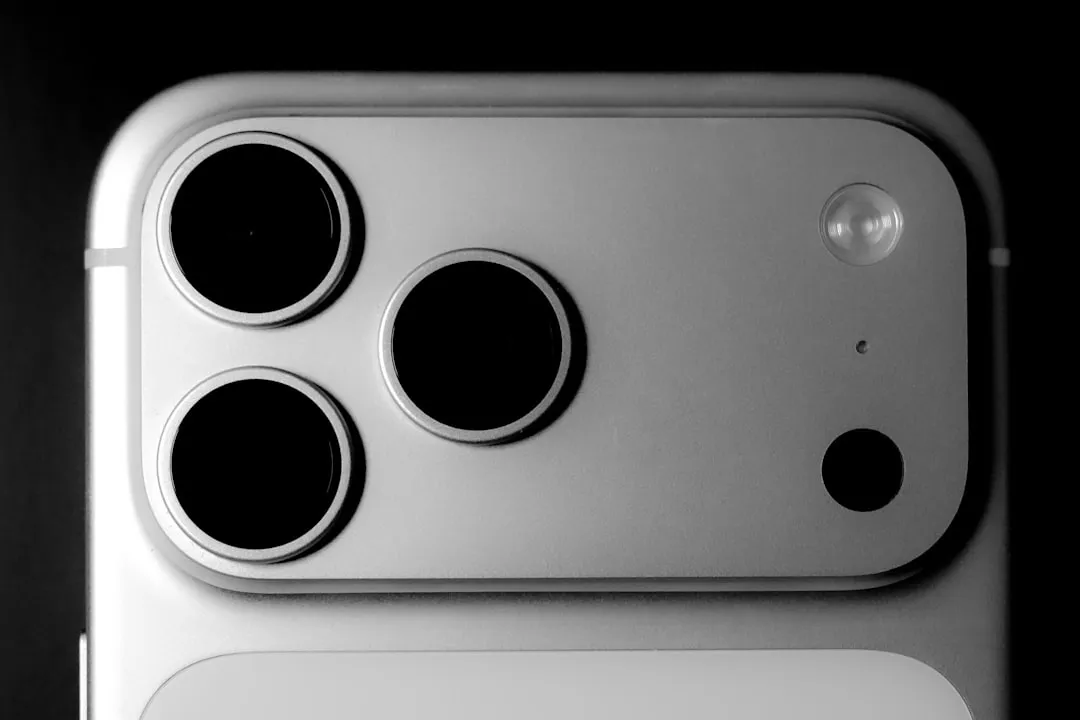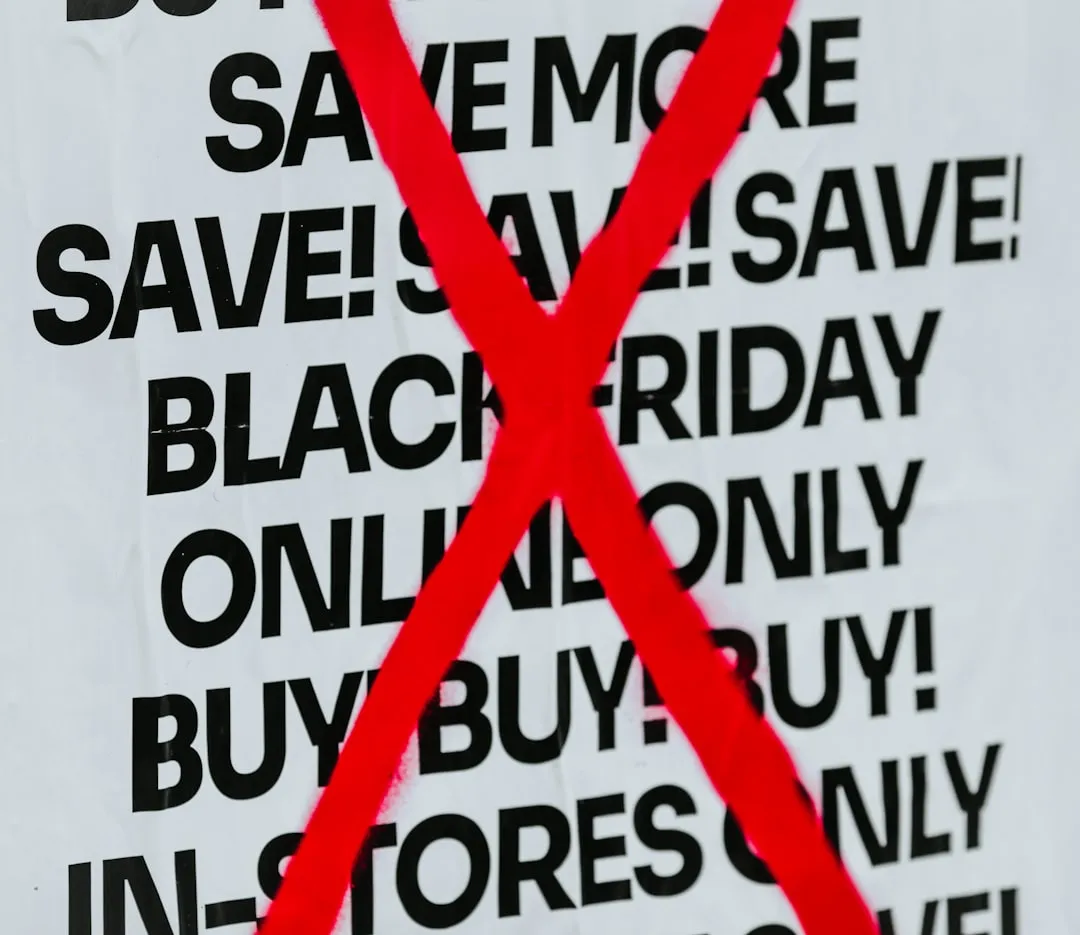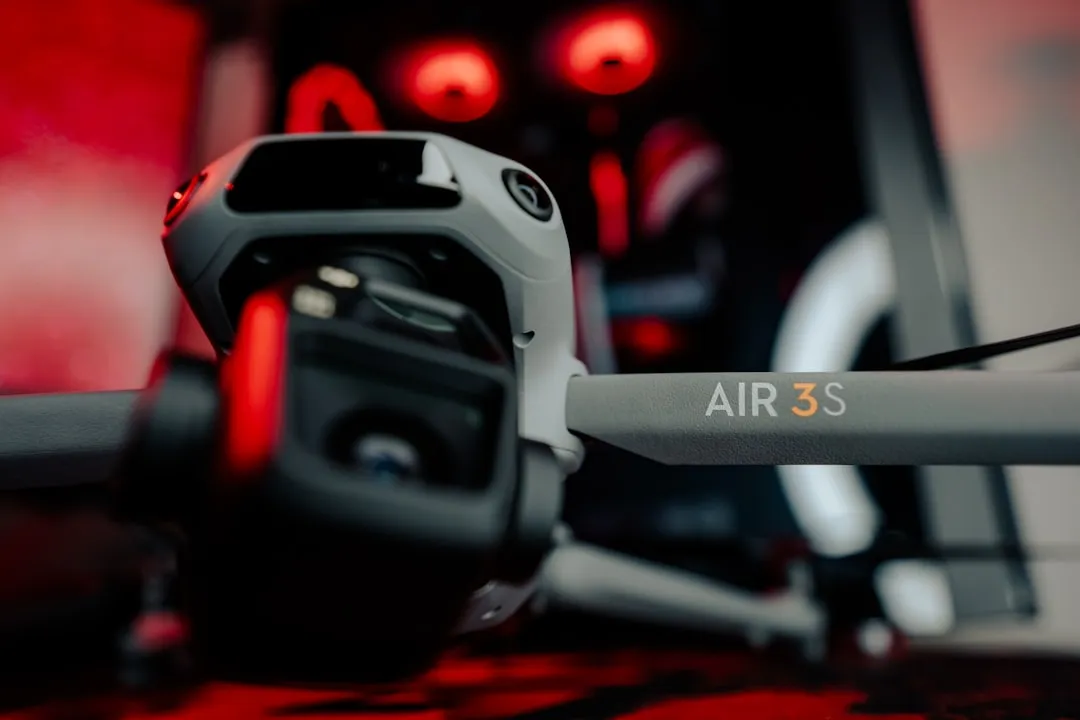After introducing a pair of new Spark AR capabilities last week, Facebook had one more trick up its sleeve to unveil at its virtual F8 Refresh developer conference.
On Wednesday, Facebook gave its audience a sneak peek at its new Multipeer API, which will enable Spark AR creators to build AR camera effects that sync multiple video callers on Messenger and Instagram as well as its Portal smart camera lineup.
- Don't Miss: This Viral Instagram Augmented Reality Filter Will Tell You Which Disney Character You Really Are
Multipeer API opens up opportunities for shared experiences for video calls, with Facebook presenting several concepts. There's a virtual campfire effect, where an owl flies from one caller's video to another's screen. There's a birthday celebration, where confetti explodes simultaneously for all revelers as party hats fall on their heads in unison.
The new capability provides possibilities for gaming as well. In an example, players use their faces to guide a doughnut along a squiggly line that crosses screen boundaries, which may remind fans of the Zoom Rube Goldberg Machine from the pandemic episode of Mythic Quest.
While still in beta, the new capability is now live via Messenger but will expand to Instagram and Portal at a later date. Interested developers can apply to join the beta program.
It's a decidedly different direction compared to multiplayer capabilities adopted by Facebook's peers in mobile AR, which focus on interacting with AR content through the rear-facing camera.
At its Snap Partner Summit two weeks ago Snap unveiled Connected Lenses, which enables multiple Snapchat users, either nearby or remote, to interact with the same AR content simultaneously.
Meanwhile, Apple and Google already support shared AR experiences for ARKit and ARCore that enable several people in the same location to interact with AR content collaboratively.
However, video calling has gained a boost in popularity as people sought out video calling solutions to bridge social distancing and remote work practices during the COVID-19 pandemic. Facebook enjoyed a boost in sales of its Portal devices as a result and eventually expanded support for video platforms like Zoom, BlueJeans, Webex, and GoToMeeting.
And, while there are a multitude of apps that support AR effects for video calls, the available AR effects are based on individual user selection rather than shared experiences, which finds Facebook breaking new ground.
While interacting with virtual content in the real world may be the future, Facebook has an eye on the present. It's hard to fault them for that.
Cover image via Facebook




























Comments
Be the first, drop a comment!